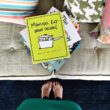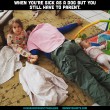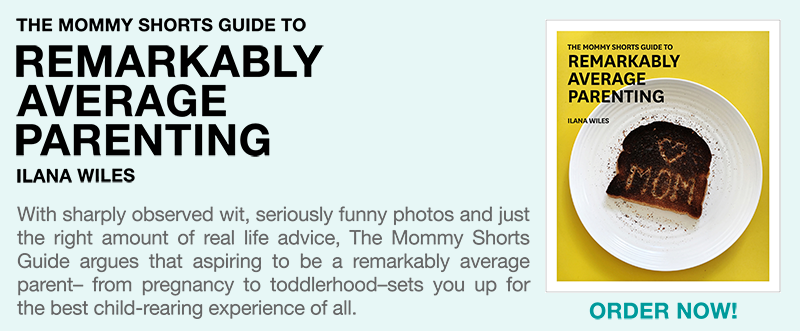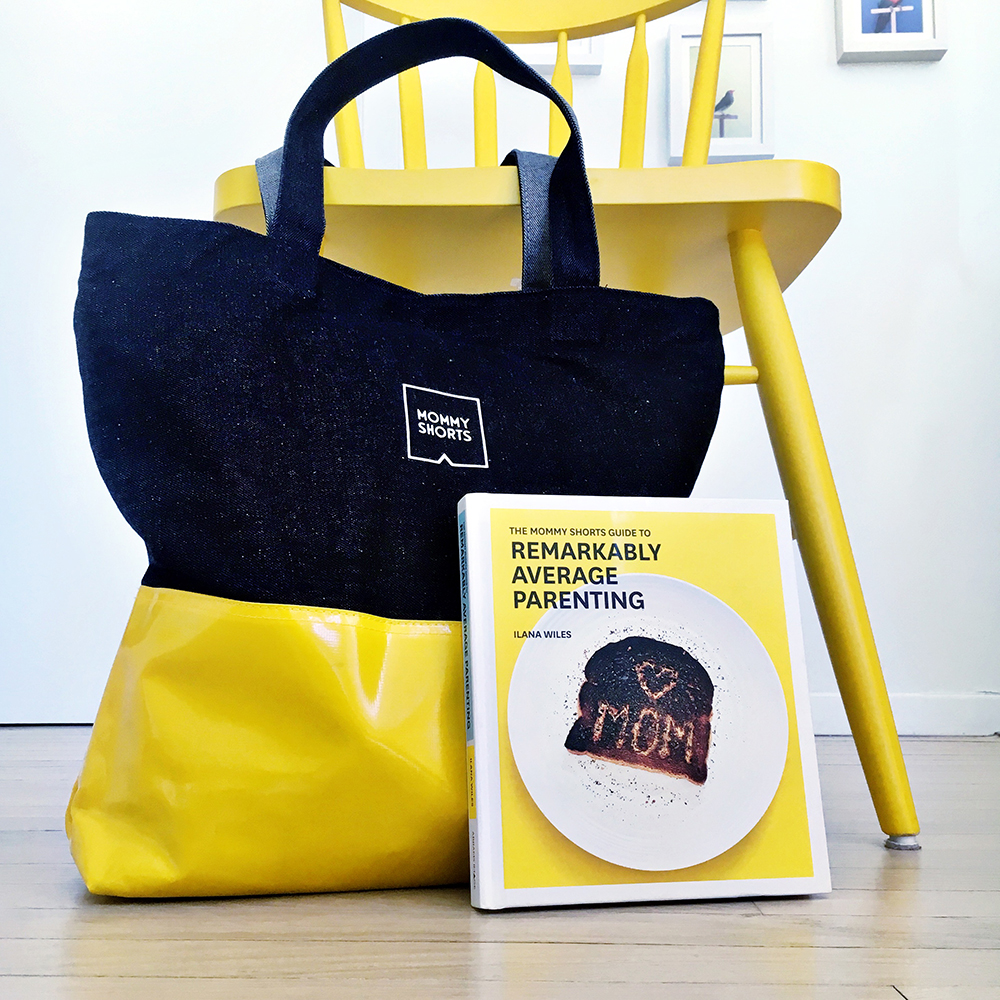Dear Dr. B,
I saw a commercial for 'Your Baby Can
Read' on television and I am thinking of
purchasing it. I've heard that the program
is controversial but I can't imagine why it
would be a bad thing to teach the baby a
skill that he will eventually need to learn.
Won't this just give him a leg up when he
starts his formal education?
— MG
Dear MG,
Although it might be fun to pull your super advanced baby out at dinner parties to perform party tricks and impress your friends, teaching your baby to read might actually have a negative impact on your child's development. Reading follows a developmental sequence similar to other developmental milestones. Before a child can learn to read in a meaningful way, they need to master important stages of language acquisition such as learning to speak, putting words together to make sentences, using language to communicate, and being able to identify words with similar sounds. Only after these skills are acquired, can children begin to understand that words are made up of sounds (phonological awareness), and that letters function to represent sounds in spoken words (the alphabetic principle). These pre-reading skills are typically acquired between 3 to 6 years of age.
Attempting to teach an infant to read prior to being cognitively ready is essentially the same as teaching your child a trick as opposed to a complex skill. That is, you may be able to get your child to say “cat” on command in response to the visual word cat but this would not be considered reading. I believe teaching your baby to read is not only unnecessary but it could potentially have a negative impact on long-term learning and development.
When you spend time training a child in a structured and repetitive way to read words before the process is meaningful to them, you are essentially taking time away from teaching more developmentally appropriate skills necessary for pre-literacy such as language acquisition. Or even skills that have nothing to do with language such as toilet-training. It is also important to note that children learn at the fastest rate when activities are matched to their developmental level.
Parents play an important role in facilitating and scaffolding their children’s early learning experiences. When spending time with your child, it is best to devote time to more meaningful learning opportunities such as following your child’s natural tendency to explore their environment and providing them with information and activities that are only a small step above what they are capable of doing on their own. Expose your child to language that is functional in their everyday life for communicative purposes and vocabulary that describes objects in their environment or in books that you read to them. Also, remember that there are many other important, yet developmentally appropriate, skills that are fundamental to future success in school that are not academic. Some examples would be social skills, imagination, self-control, persistence, and problem-solving.
In sum, I would recommend that you take advantage of natural teachable moments and don’t waste your time with structured, repetitive programs which claim to teach your baby academic skills that they are not ready to learn.
Hope thats clear,
Dr. B
If you have a question for Dr. B, please email me at myshort@mommyshorts.com with 'ASK DR. B' in the subject header.


























Somehow people are so impressed that kids are recognizing words that they don’t realize that reading is more than word recognition. Reading includes being able to sound out words you’re unfamiliar with and using context clues to figure out what the word means. Reading is knowing that “c” sounds like an “s” sometimes and a “k” others.
These things happen over time. One of the first things kids learn is how to string words together so that they make sense. Babies can’t do this.
Everyone wants the best for their kid, so you can see why things like Your Baby Can Read and Baby Einstein are so wildly popular. But, it doesn’t seem to hold up to scientific scrutiny.
To me it seems like “Your Baby Can Read” is more about using your ‘Baby Genius’ to impress your friends. I think parents have to question themselves as to why it is they want their baby to have advanced skills.
When my oldest son was little, he had a favorite book. He was between 2 and 3 and wanted it read every single night. (Simple book with 1-2 sentences per page.) One night I got a call from his grandmother when he was spending the night. She was so excited I could barely understand her. Finally I realized she said he was reading. I thought about it for a minute and then mentioned he probably had just memorized it from our CONSTANT reading of it. In typical Grandma fashion – she declared that was just as smart!
Though it certainly wasn’t on purpose, it was kinda funny to see him “read” the book to me with the same inflections I had used on each page. It was the only book he ever did it with, but we had some great bonding moments when we would take turns on the pages. I’m going to guess Dr. B would be ok with it since it’s something that happened passively. 🙂